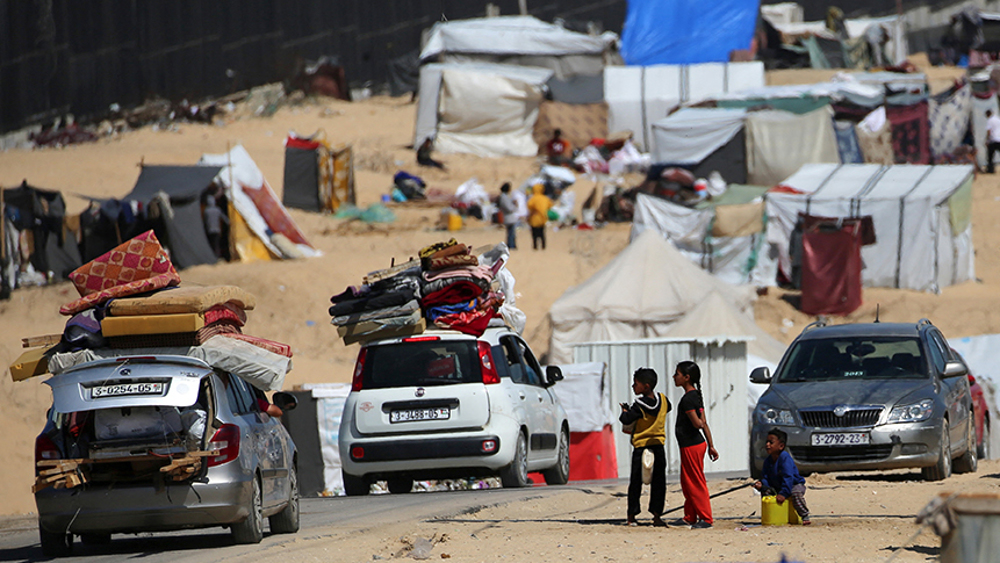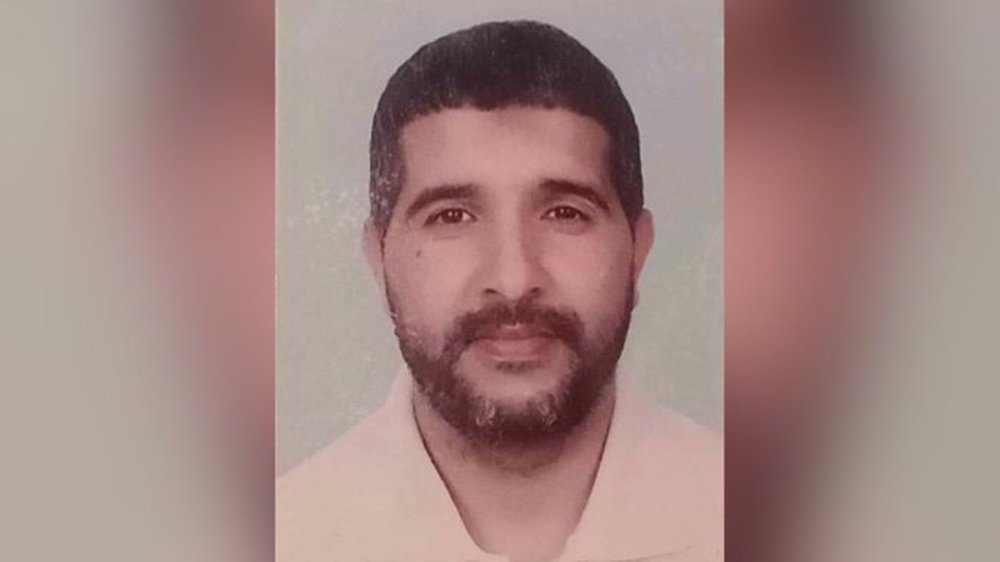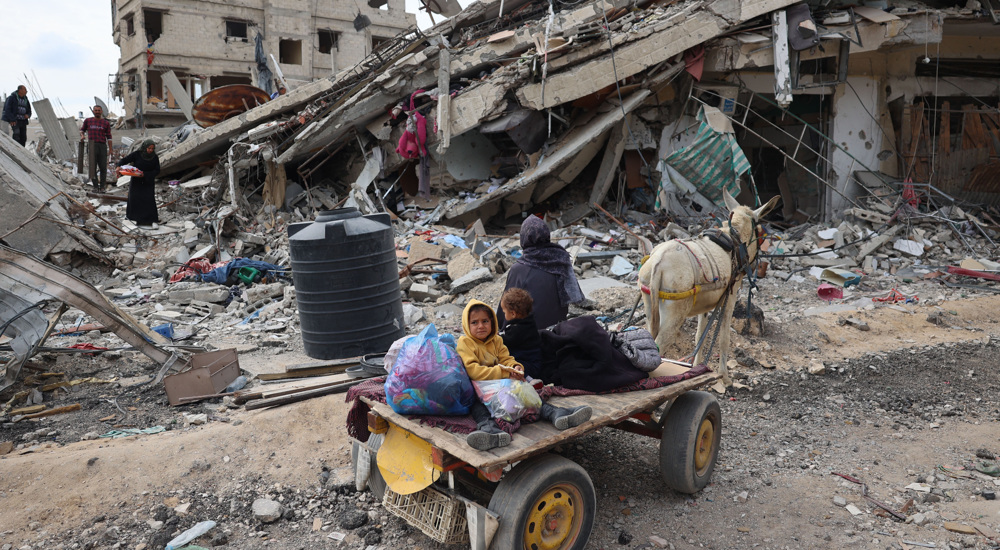Libya parties urged to accept UN-proposed unity govt.
A number of Western and Arab states have released a statement calling on rival factions in Libya to accept the UN-brokered agreement on the formation of a national unity government.
The foreign ministers of the United States, Britain, France, Germany, Spain, Italy, Turkey, Algeria, Qatar, Morocco, the UAE, Tunisia and the EU foreign policy chief issued the statement on Monday.
The statement urged “all parties in the Libyan political dialogue to immediately adopt the political agreement negotiated by the Special Representative to the United Nations, Mr (Bernardino) Leon.”
On October 8, Leon proposed the formation of a power-sharing government with a list of candidates for the new government. He nominated Fayez Sarraj a member of the Tripoli-based parliament, as the Libyan prime minister.

Three deputies for the prime minister, representing the country’s east, west and south, and two ministers to complete a presidential council are also among the posts in the proposed government.
Since August 2014, when militias seized the capital, Tripoli, Libya has had two parliaments and two governments with one, the General National Congress (GNC), run by the rebels in the capital and the other, which is internationally-recognized, based in the northeastern city of Tobruk.
The proposal for national unity government was dismissed by the rival factions on October 12. Mahmud Abdel Aziz, a lawmaker from the GNC, said that the proposed government “is rejected” as “it will deepen difference between the Libyan people.”
The internationally recognized parliament also balked at the proposal with Ali Tekbali, a lawmaker at the Tobruk-based parliament, dismissing the plan and saying the proposed-government is one of "divisions, not unity."
Talks have been held between the two sides for months, with Leon trying to produce an agreement that will lead to the formation of a government and an end to the militancy in the country.
Libya has been grappling with violence and political uncertainty since 2011.
New Caledonia unrest: Death toll rises to six as France deploys more troops
Fighting rages in Rafah amid intensified Israeli bombardments
VIDEO | Clashes in Paris as firefighters unions protest working conditions
US lawmakers pass bill to overturn halt to arms transfer to Israel
More than half of US states join campus movement
Over 600 mosques destroyed in Israeli strikes on Gaza since Oct.
At least 50 people killed in flash floods in Afghanistan
Zelensky: West ‘afraid’ of both Russian and Ukrainian defeat










 This makes it easy to access the Press TV website
This makes it easy to access the Press TV website